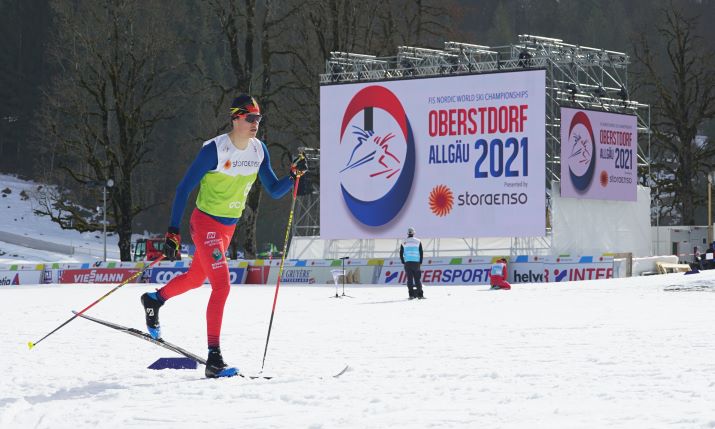Giving the people what they want: JW Player on how to understand your audience and monetise your fan base

By Francesco Montesanto, JW Player director of content strategy.
When COVID shut down the global sports world in its entirety for a few months in 2020, it was expected that attendance numbers would rebound as restrictions eased. And, after nearly a year of playing matches in empty stadiums and pumping in fake crowd noise, fans came back in droves. What was unexpected, however, was how many fans would come back. In fact, sporting event attendance is actually outpacing trends that were occurring pre-pandemic [The Athletic, 2023]. With that said, as the average attendance for sporting events continues to grow, so are the costs associated with attending them, with many Premier League clubs announcing average ticket price hikes of up to 20% since last year [The FSA, 2023].
As we head into 2024, what we have is an environment where more people want to watch sports than ever, while the cost and locality of attending live sporting matches will create a barrier to entry for many fans. This means fans will increasingly be resorting to live streaming to watch their favourite clubs or athletes.
For sporting organisations that don’t own their own broadcasting rights, this might seem like an issue, but the fact is, you don’t need to own the rights to the live games to monetise video content. And here is how:
Fans want more content than just the matches
FC Barcelona recently sold off nearly half of its stake in Barca Studios for about $100 million. Barca Studios is the content production powerhouse that creates ancillary content revolving around the football club’s operations. It does not broadcast any live matches.
The sell off came at a time when the club was backed into a corner. It had overcommitted to signing too many players prior to the 2022-2023 domestic season and had to pull several “economic levers”, as club president Joan Laporta put it, to avoid heavy sanctions.
The nine-figure sum is a clear indicator of the immense appetite club supporters have to consume content from their favourite sports organisations. Even if you’re not broadcasting matches, by providing a live streaming infrastructure that delivers exclusive content, you can continue to connect with fans after the match is over by providing the content and access they crave.
The most engaging experience isn’t always at the game
Seventeen out of 20 English Premier League clubs announced ticket price hikes for the 2023-2024 season. Considering how bloated ticket prices were already, along with the growing cost of concessions and transportation, it’s easy to see how so many spectators will be priced out of the in-game experience. Add to that the ubiquitous adoption of live streaming and the convenience of watching sporting events at home, and it becomes easy to see why cost-conscious fans would opt to stay home.
This is why it’s more important than ever to invest in a video delivery service that brings the experience of watching a football match from the front row near the halfway line. Even if you’re not broadcasting live matches, a live streaming or VOD platform with the capability of delivering quality video to any device on any screen will ensure that the most engaged fans will always have an outlet to consume video content.
Subscriptions and identity management
Paid tier services are more than just a way to bring in revenue from ongoing subscriptions. Setting up a subscription and identity management system to keep fans on site and engaged will allow you to collect first-party data from your users.
This first-party data can then be used to create a curated experience that’s directly in line with what they’re hoping to experience. This also gives the content owner a direct relationship and contact point with the fan where they can explore further monetisation, such as merchandise sales or in-arena exclusives. This would not be possible if that same content had been viewed free to air on social media for example.
Tailored ad experience
Users are way more likely to respond positively to ads featuring products or services that they find relevant. In fact, a recent survey found that 54% of users responded favourably to ads that featured products or services that were highly relevant to their interests. [Statista 2023]
First-party data is the best way for sports organisations utilising an AVOD or SVOD monetisation model to deliver ads to its user base. For all the money people put into seeing sporting events, what they get, in terms of ad experience, is completely impersonal and irrelevant.
By owning and operating the content cycle for sports content, even without broadcasting the matches, you can deliver relevant ads to the right audience at just the right moment. Utilising first-party data, you’ll have as complete a picture as possible of who your customers are and what they like.
Prediction: 2024’s winners will have a streaming infrastructure in place that’s built to monetise beyond just viewing matches.
Fans are investing more than ever into their favourite sports clubs, teams and stars. It’s happening inside and outside of sporting venues across the globe. By supplying an ecosystem that capitalises on their engagement, it ensures you’ll be able to maximise the ability to monetise even when the games are over.

